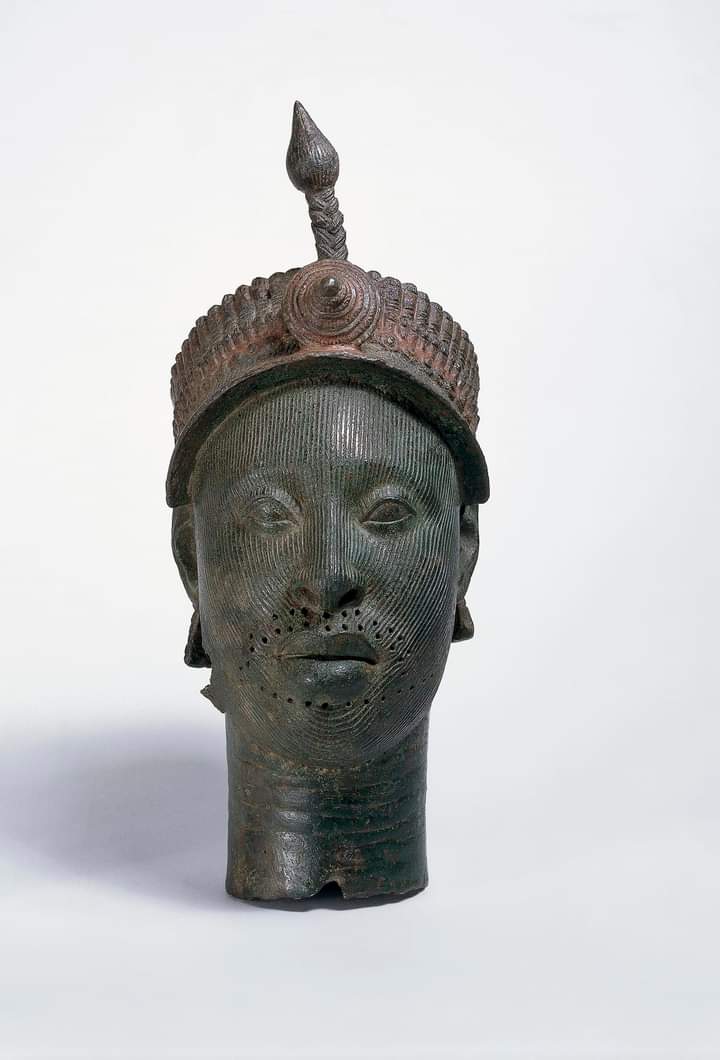How Nigeria’s Justice Akinola Aguda was ‘detained’ in 1972 by South African immigration authorities
How Nigeria’s Justice Akinola Aguda was ‘detained’ in 1972 by South African immigration authorities
On February 3, 1972, Justice Akinola Aguda, along with two other Nigerians, alighted from a Pan Am flight at Jan Smuts Airport, Johannesburg, South Africa. They were en route to Gaborone, the capital of Botswana, where Justice Aguda was to assume his role as the first African Chief Justice of Botswana. The group, including Mrs. Karumi—the wife of Nigeria’s Finance Attaché to the Botswana High Commission—and her three-month-old baby, planned to spend the night at a Holiday Inn in Johannesburg before continuing their journey the next day.
However, due to a mix-up in their immigration formalities, the South African immigration authorities “detained” Justice Aguda and his companions overnight. They were released the following day with an apology. For Justice Aguda, a man who firmly believed in the protection of fundamental human rights, particularly the right to liberty, this ironic experience highlighted the very injustices he fought against.
Justice Aguda’s Views on Preventive Detention
Justice Akinola Aguda was a staunch advocate for human rights and often challenged preventive detention laws, even under military regimes. He strongly opposed the ouster clauses in decrees that sought to remove court jurisdiction over detention matters. His position became a reference point in preventive detention cases.
A significant example of his judicial courage and brilliance came in the landmark case of Chief Mojeed Agbaje vs. Commissioner of Police, Western State (Suit No. M/22/69). This case arose during the Agbekoya Riots in the Western Region in 1969. Chief Mojeed Agbaje, a prominent Ibadan lawyer, had been arrested and detained by the police under the Armed Forces and Police (Special Powers) Decree 2.
Represented by Chief Richard Osuolale Akinjide, Chief Agbaje filed a Habeas Corpus application, challenging his detention. The police, however, argued that the Inspector-General of Police had acted within his powers under the decree.
Justice Aguda, demonstrating intellectual prowess and courage in the face of executive pressure, heard arguments and delivered his ruling within six days—a speed that earned him praise from the Court of Appeal.
In his judgment, Justice Aguda ordered the immediate release of Chief Agbaje, holding that the Inspector-General of Police had to comply strictly with the provisions of the decree:
“In these circumstances, there is cast upon the Inspector-General of Police the onus to establish before any court in which the exercise by him of powers conferred on him by the above provision has been challenged that he has complied strictly with the enactment under which he has acted. Not only that, but it must also be shown that every other person acting under his control or in purported execution of his orders complied strictly with the provisions of the Decree. Any material deviation from the provisions of the Act must, in my view, render the detention of any citizen of this country null and void, an act for which the writ of Habeas Corpus is an appropriate remedy.”
This ruling was a litmus test for the controversial decree and showcased Justice Aguda’s unwavering commitment to justice and the rule of law.
Source: Richard Akinnola || gregnwoko




